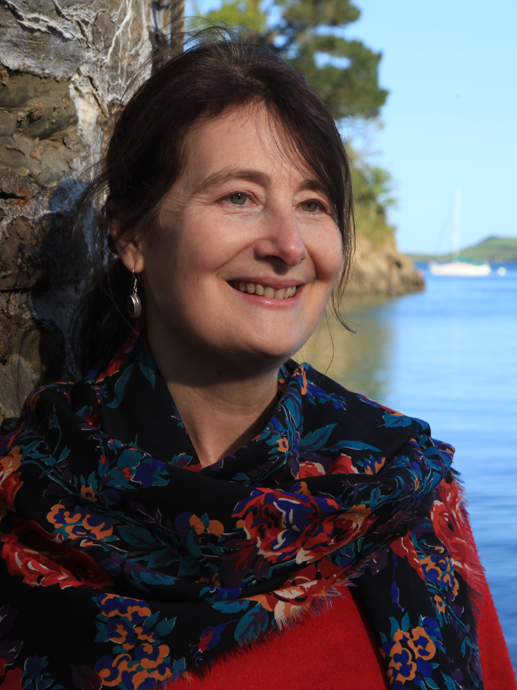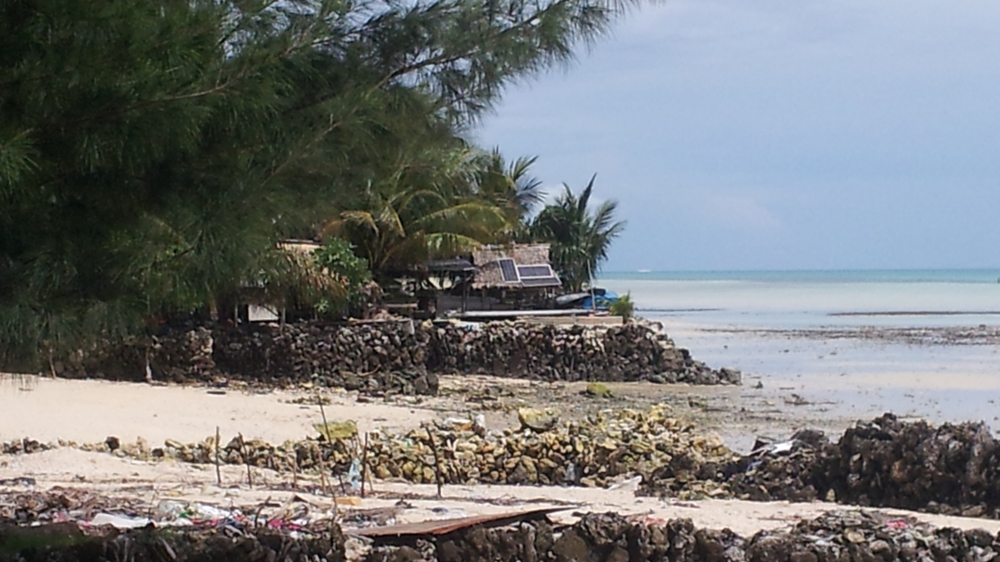About the event
Following the definition of ‘transdisciplinarity’ given in UNESCO’s “Guidelines on Sustainability Science in Research and Education” (2017) – namely, as a methodology that “addresses topics across and beyond disciplines, through a comprehensive and holistic framework” that also entails “collaboration between professional scientists and diverse non-academic stakeholders” - this lecture begins by showing how the aspiration to transdisciplinarity was foundational to the emergence of the environmental humanities, at least as this adventurous endeavour began to take shape in Australia around the turn of the millennium. Following this brief retrospective, I reflect on some of the potentials and pitfalls of transdisciplinary research, drawing on examples from my own more recent experience of the kinds of synergies, surprises and snags that might be encountered along the way, and the sorts of virtues that need to be cultivated to facilitate positive outcomes. I conclude with a glimpse of some of the transdisciplinary projects currently underway at the University of Cologne in association with the formation of the new research hub for Multidisciplinary Environmental Studies in the Humanities (MESH).
About the presenter

Professor Dr. Kate Rigby (Fellow of the Australian Academy of the Humanities) is Alexander von Humboldt Professor of Environmental Humanities at the University of Cologne, where she leads the research hub for Multidisciplinary Environmental Studies in the Humanities, and Visiting Research Fellow at Bath Spa University. Her research lies at the intersection of environmental literary, philosophical, historical and religious studies, with a specialist interest in ecopoetics, multispecies studies, and disaster studies. A founding co-editor of the journal Philosophy Activism Nature, she was the inaugural President of the Association for the Study of Literature, Environment and Culture (Australia-New Zealand), and the founding Director of the Australia-Pacific Forum on Religion and Ecology. Among her many publications are the monographs Dancing with Disaster: Environmental Histories, Narratives, and Ethics for Perilous Times (University of Virginia Press, 2015), Reclaiming Romanticism: Towards an Ecopoetics of Decolonization (Bloomsbury Academic, 2020) and Meditations on Creation in an Era of Extinction (Orbis Books, 2023).
About the Symposium
As the Norwegian Researcher School in Environmental Humanities (NoRS-EH) starts its 5th year, the Oslo School of Environmental Humanities (OSEH) is organizing a symposium on “Transdisciplinary in the Environmental Humanities” on 6 and 7 September 2023 to highlight and celebrate the innovative environmental humanities research happening in Norway and neighboring Scandinavian countries, especially by early career researchers. Read more about the programme for the symposium here.
